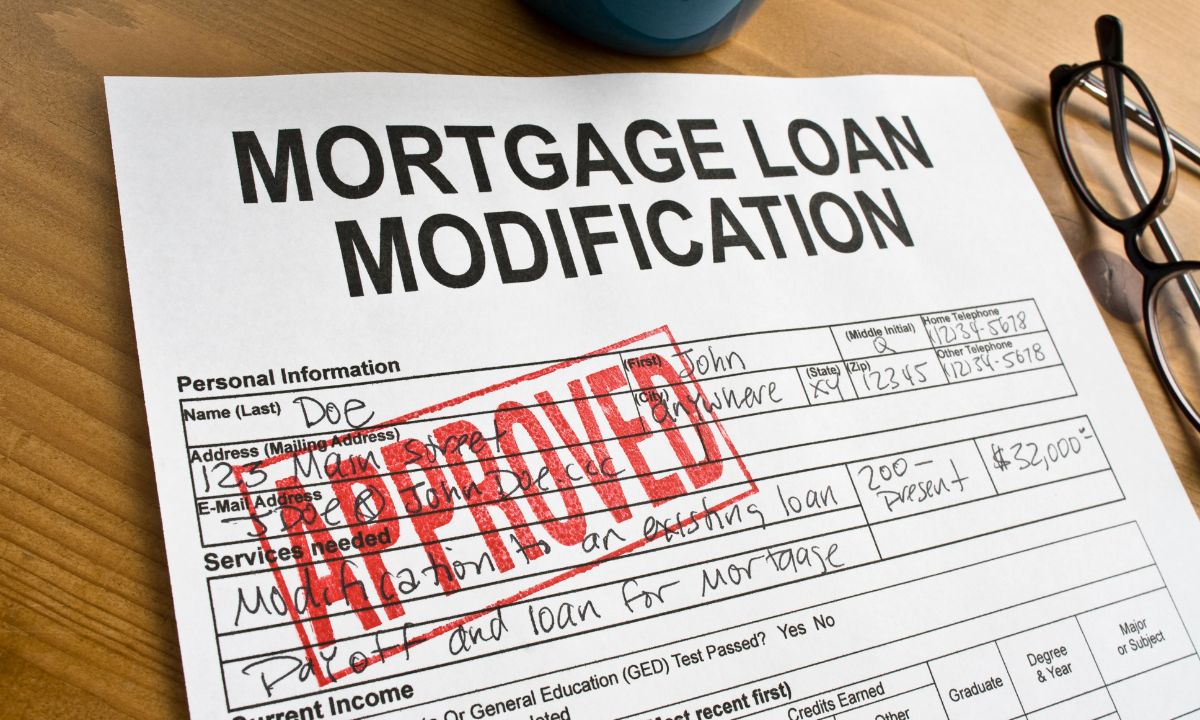 What exactly is an interest-only mortgage? Simply put, it’s a type of home loan where you pay only the interest for a certain period, typically the first five to ten years. After this initial period, you begin paying both the principal and interest, resulting in higher monthly payments.
What exactly is an interest-only mortgage? Simply put, it’s a type of home loan where you pay only the interest for a certain period, typically the first five to ten years. After this initial period, you begin paying both the principal and interest, resulting in higher monthly payments.
Weighing Your Options
Pros:
Lower Initial Payments: One of the primary attractions of interest-only mortgages is that during the initial period, your monthly payments are significantly lower compared to traditional mortgages. This feature can be particularly appealing for buyers looking to ease into homeownership without straining their finances.
Flexibility: Interest-only mortgages offer greater financial flexibility, allowing borrowers to allocate funds towards other investments or financial goals during the interest-only period. This flexibility can be advantageous for those with fluctuating incomes or investment opportunities.
Tax Benefits: Depending on your circumstances and location, you may be able to deduct the interest portion of your mortgage payments from your taxable income, potentially resulting in lower tax liabilities.
Cons:
Higher Payments Later: While the lower initial payments may seem enticing, it’s essential to remember that once the interest-only period ends, your monthly payments will increase significantly as you start paying down the principal. This sudden increase can catch some borrowers off guard if they haven’t adequately prepared.
Risk of Negative Equity: During the interest-only period, you’re not building equity in your home through principal payments. If property values decline or remain stagnant, you may find yourself owing more than your home is worth, a situation known as negative equity.
Interest Rate Risks: Interest-only mortgages often come with adjustable interest rates, leaving borrowers vulnerable to fluctuations in interest rates. If rates rise significantly after the interest-only period, your monthly payments could skyrocket, potentially causing financial strain.
Is an Interest-Only Mortgage Right for You?
Determining whether an interest-only mortgage is the right choice depends on your financial situation, risk tolerance, and long-term goals. Here are some key points:
Financial Stability: Are you confident in your ability to handle higher payments once the interest-only period ends? Consider your job security, income prospects, and overall financial stability.
Investment Strategy: Do you have alternative investment opportunities that could yield higher returns than paying down your mortgage? Evaluate your investment portfolio and consider whether directing funds elsewhere aligns with your financial objectives.
Housing Market Outlook: Assess the current state and future outlook of the housing market in your area. Understanding market trends can help you anticipate potential changes in property values and mortgage rates.
Long-Term Plans: How long do you plan to stay in the home? If you intend to sell or refinance before the interest-only period ends, an interest-only mortgage might suit your needs.
Interest-only mortgages can be a valuable financial tool for certain borrowers, offering lower initial payments and increased flexibility. However, they also come with risks and considerations that warrant careful evaluation. Before committing to an interest-only mortgage, take the time to assess your financial situation, long-term goals, and risk tolerance.
As always, it’s essential to consult with a qualified mortgage advisor or financial planner to explore your options fully. Armed with knowledge and foresight, you can make informed decisions that pave the way to homeownership and financial well-being.
 In times of financial hardship, such as job loss, medical emergencies, or economic downturns, homeowners may find it challenging to keep up with their mortgage payments. When facing such difficulties, understanding options like mortgage forbearance and loan modification can be crucial for maintaining stability and avoiding foreclosure. Let’s discuss what homeowners need to know about mortgage forbearance and loan modification, including their differences, implications, and how to navigate these options effectively.
In times of financial hardship, such as job loss, medical emergencies, or economic downturns, homeowners may find it challenging to keep up with their mortgage payments. When facing such difficulties, understanding options like mortgage forbearance and loan modification can be crucial for maintaining stability and avoiding foreclosure. Let’s discuss what homeowners need to know about mortgage forbearance and loan modification, including their differences, implications, and how to navigate these options effectively.